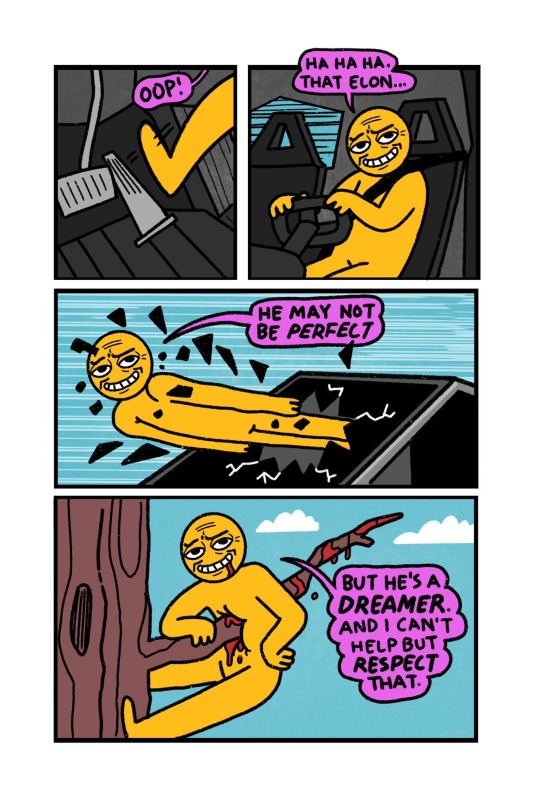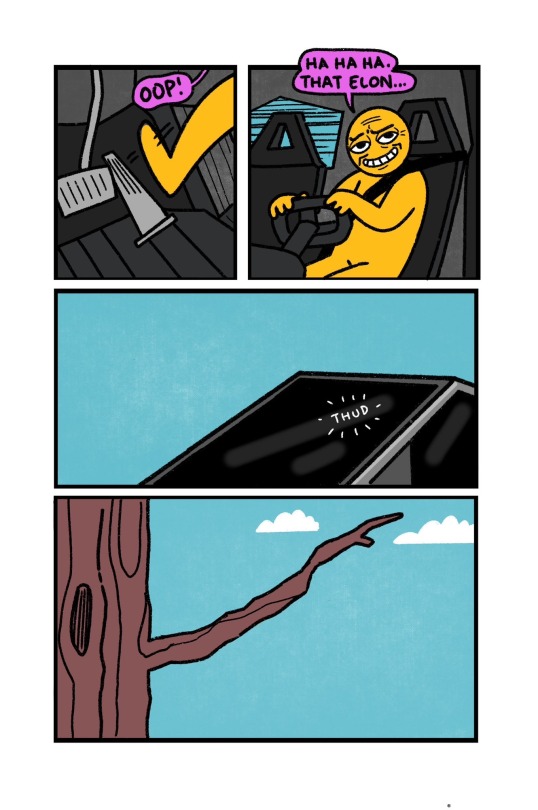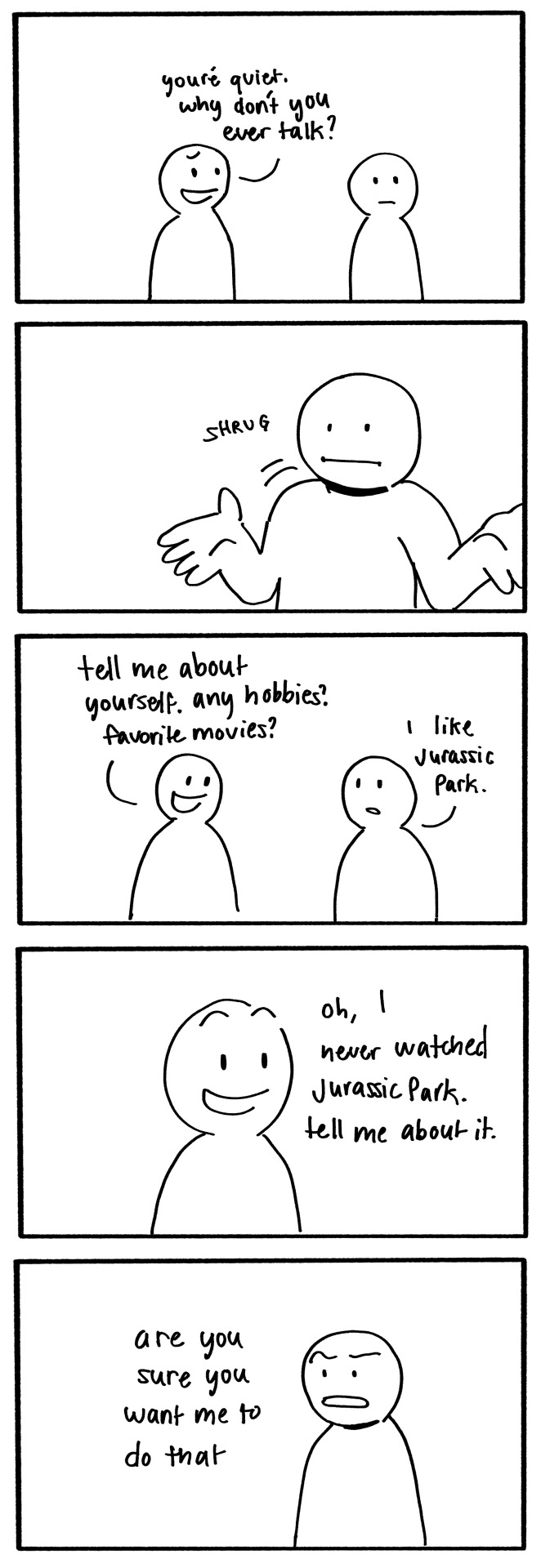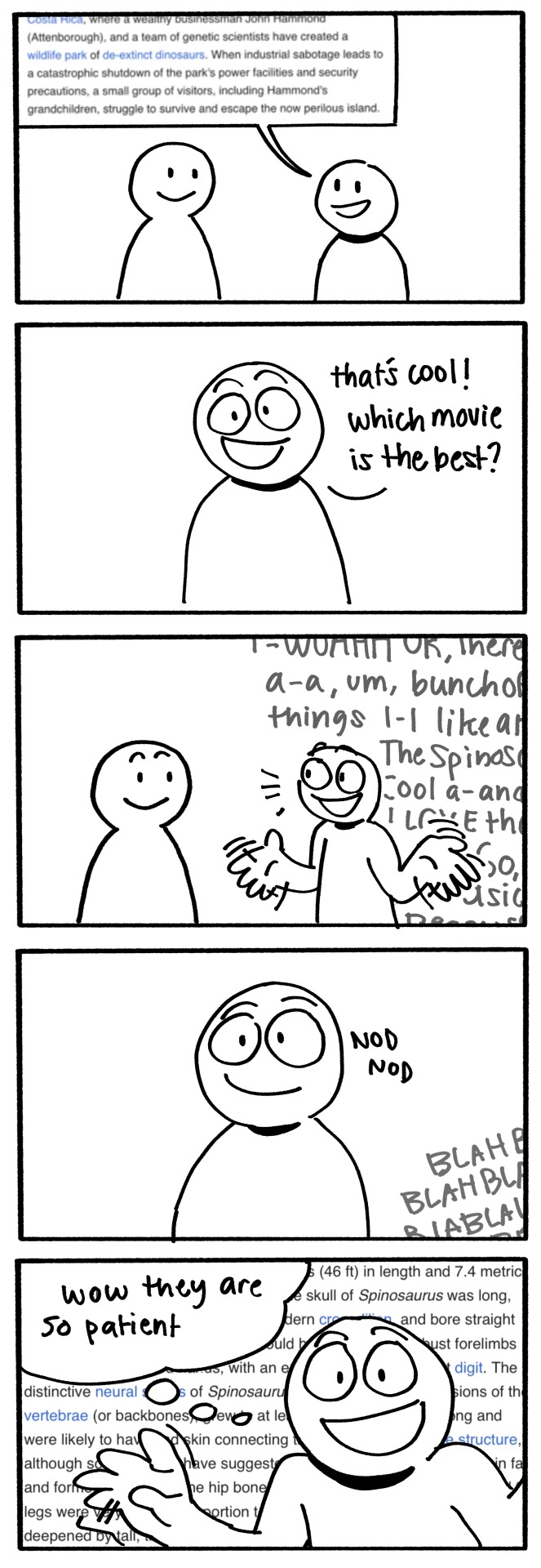Text
my biggest red flag is that im a lesbian who likes boobs and whenever im watching a show with obvious fanservice and all the girls have their massive tits hanging out of their bras being held together by string, my first reaction isnt to go "god im so tired of all this oversexualization of women". i go WOOOOO BOOBIES !!!!!!!!!
31K notes
·
View notes
Text

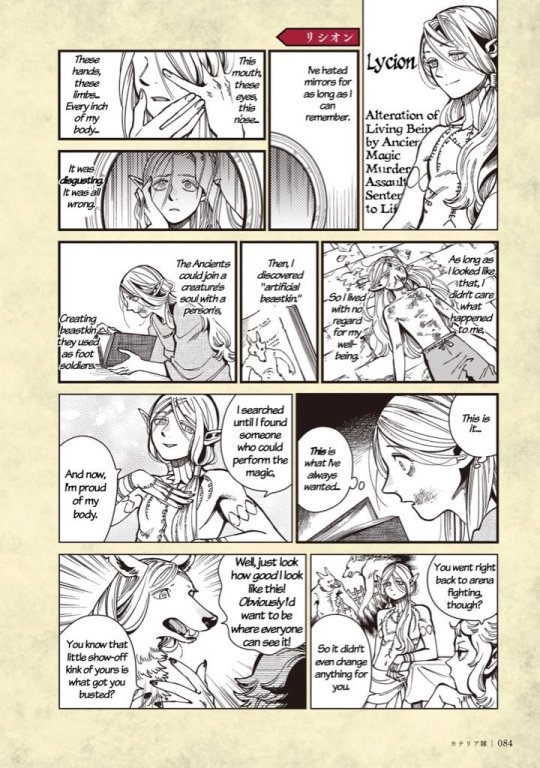


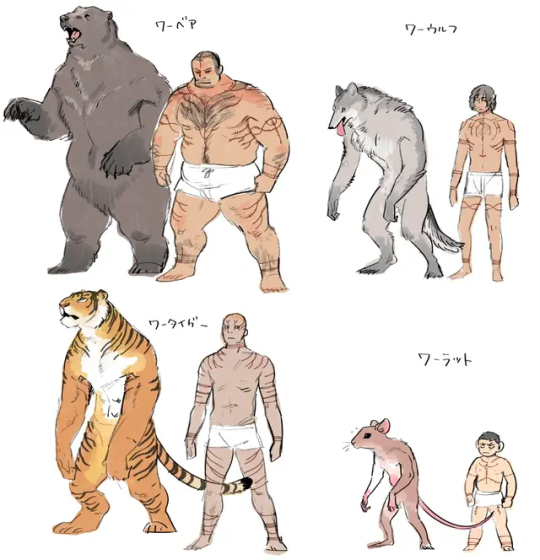

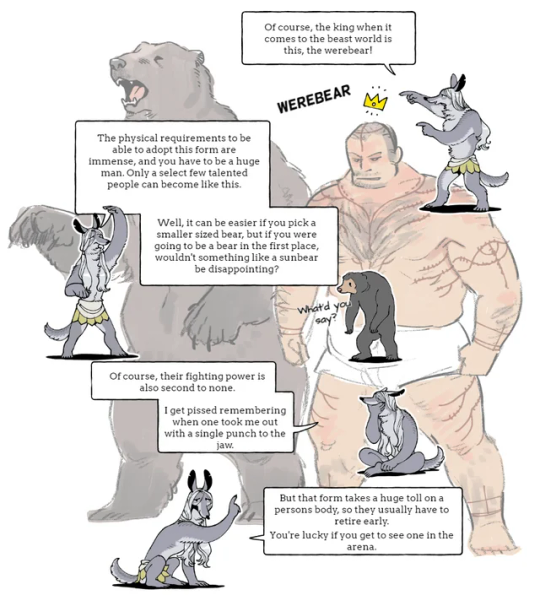
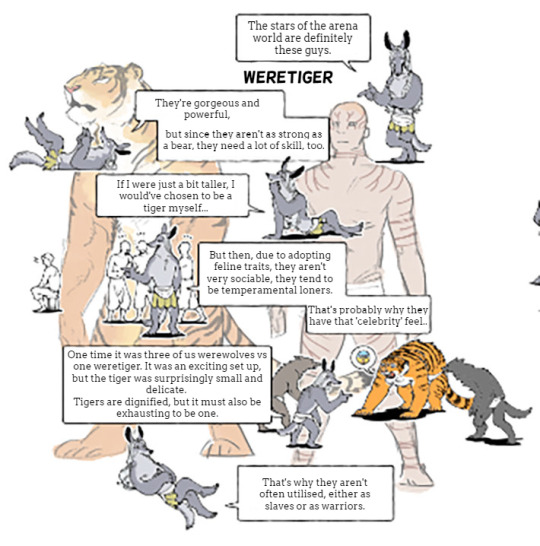
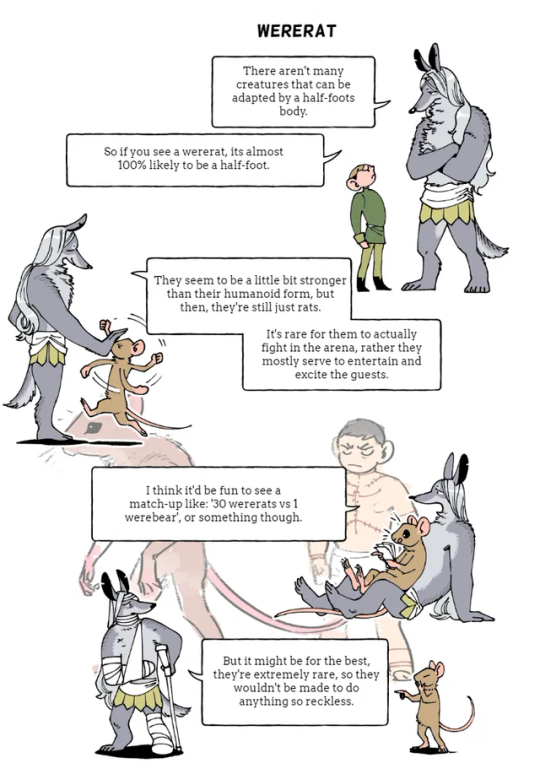
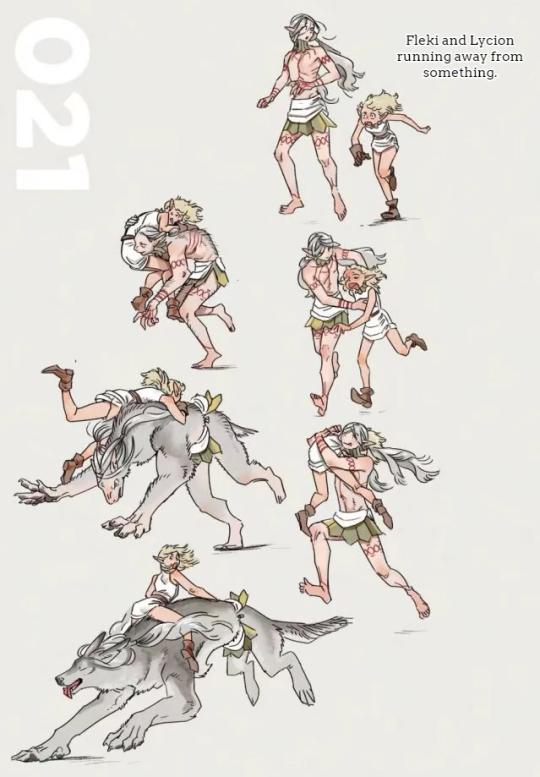
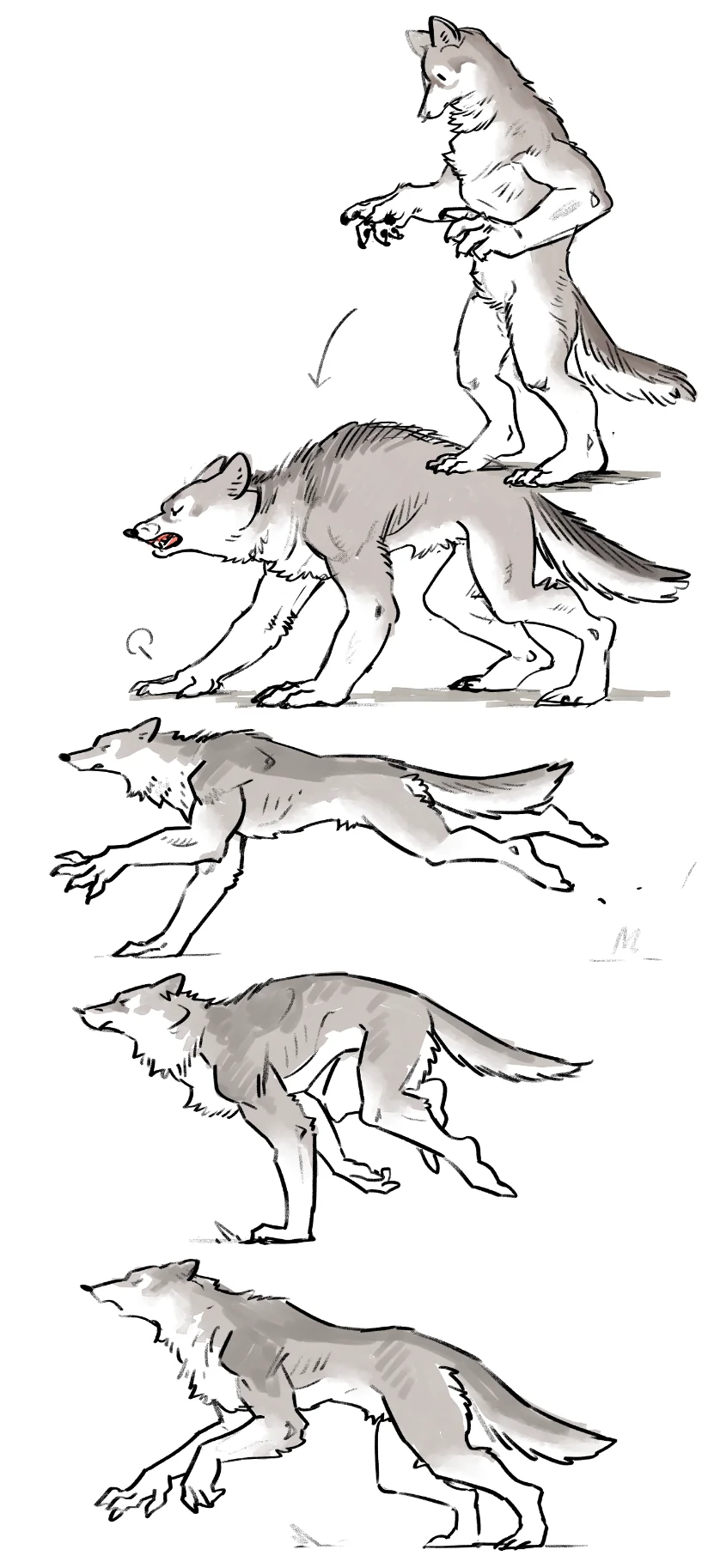
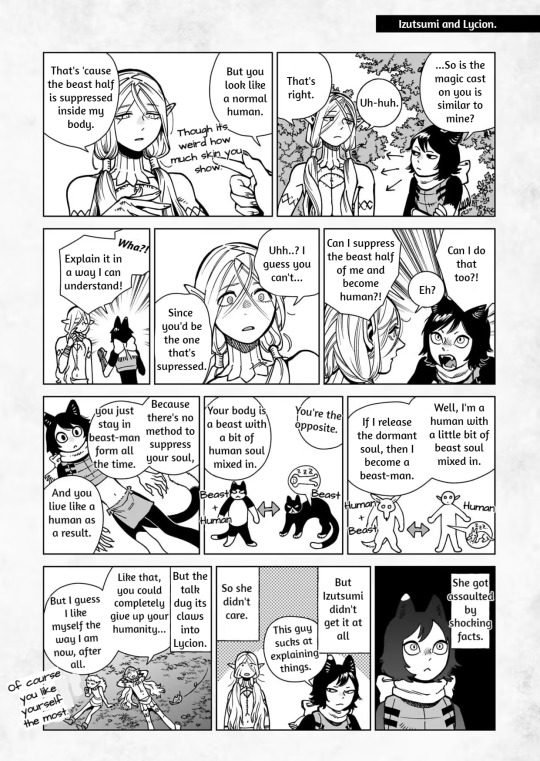
Beastkin Lore and Trans-Coded Werewolf compilation cause I am too impatient to wait for the anime.
Also, Laios being Laios called out for it.

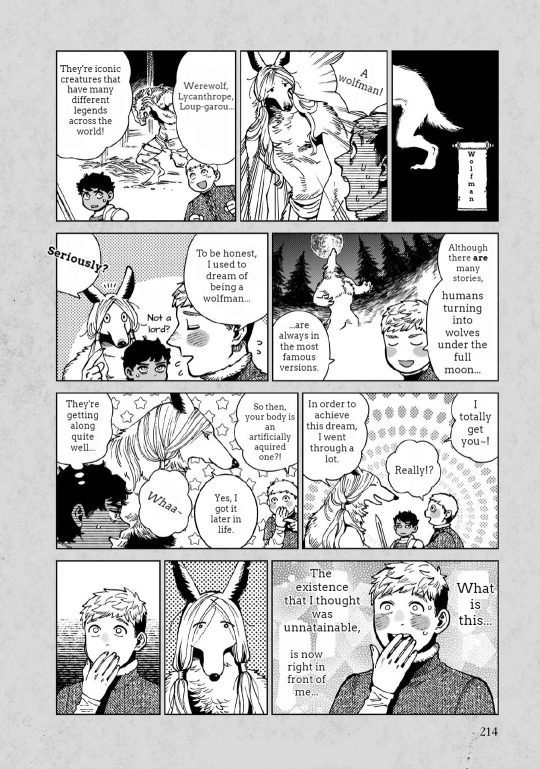
8K notes
·
View notes
Text
Peacocks are hilarious, really. They really are just like

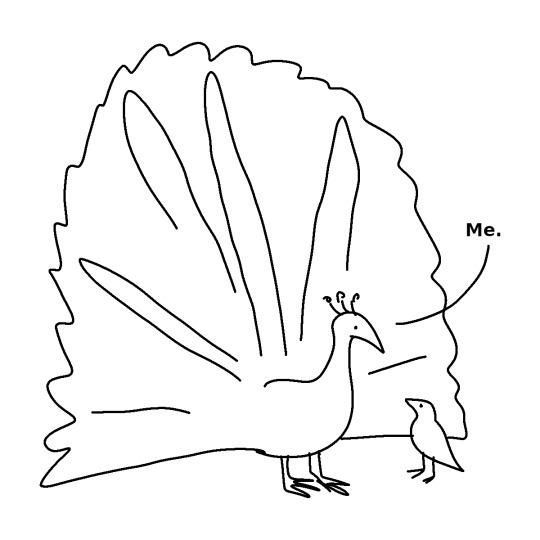
11K notes
·
View notes
Text
lahore pigeons are some of the most visually appealing birds out there. like in terms of visual design. very minimalist, good contrast.
478K notes
·
View notes
Text
odin is like “when thor was born the sun shone bright upon his beautiful face. i found loki on the sidewalk outside a taco bell”
413K notes
·
View notes
Text
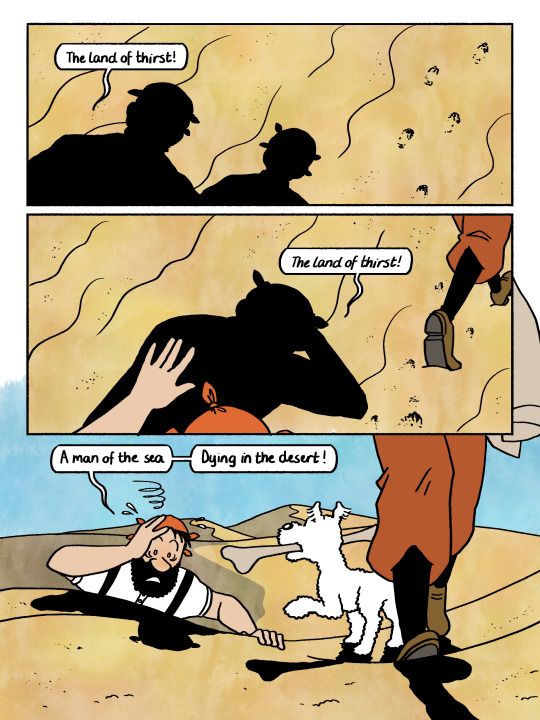
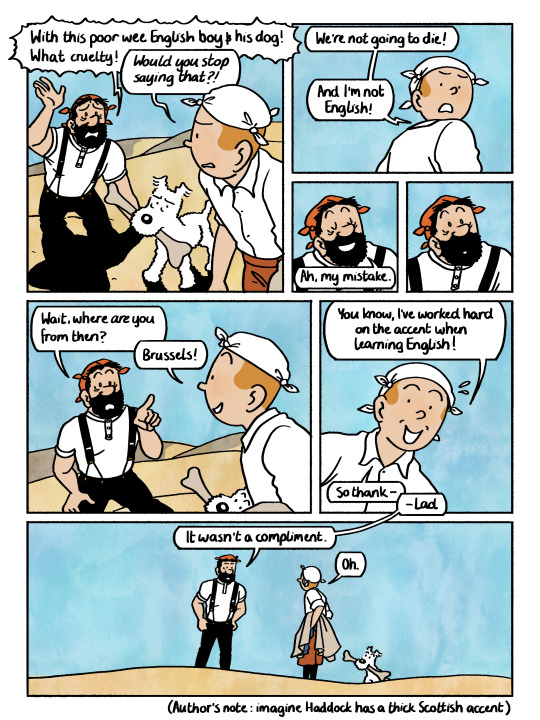
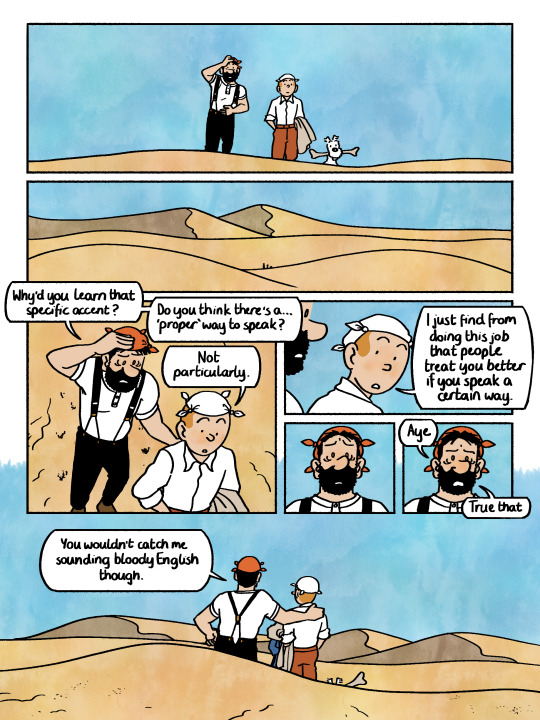
I remember discussing Tintin casting choices with a friend from Germany and remarked how it was odd he often has an English accent in adaptations rather than a Belgian one, and my friend just replied "that's because Tintin gives incredibly strong English boy energy (derogatory)"
Here in the UK there's a lot of weird classism tied into accents. Today accent diversity and representation in broadcasting is actively pursued but in Tintin's time there certainly was a preferred accent to have.
imagine this exchange happens between pages 28-29 in The Crab with the Golden Claws
8K notes
·
View notes
Text
yknow i never noticed the sheer rareness of images having ids or alt text on this website until i started adding alt text to my art (and trying to remember to add it to any images i post in general, especially text screenshots) and that makes me kinda sad
56K notes
·
View notes
Text
i really like looking at google image searches for “firemen rescuing cats” or something because you get super cute pictures like

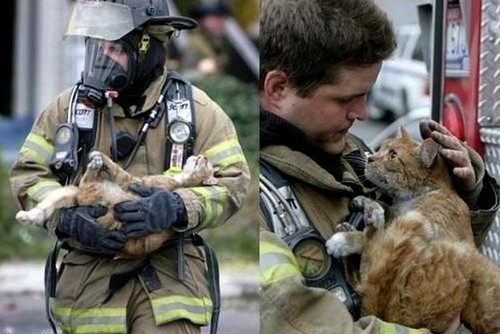

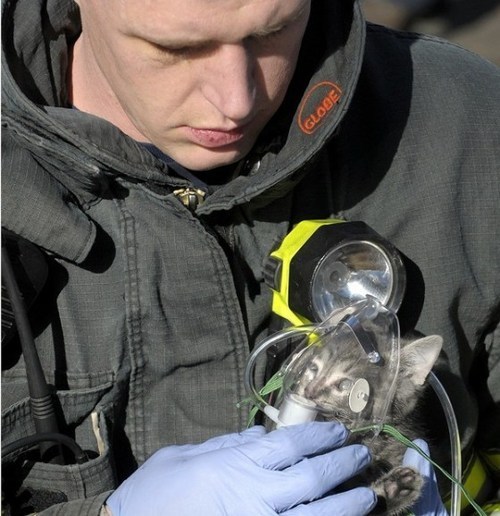
AND THEN THERE’S THIS ONE
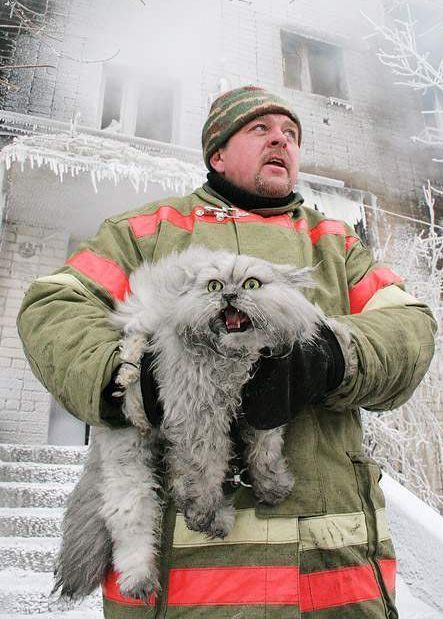
2M notes
·
View notes
Text
In recent posts I've complained that a lot of tabletop RPGs which toss around the term "fiction first" don't actually understand what it means, and I've been asked to expand on that complaint. So:
In my experience, there are two ways that game texts which want to position themselves as "fiction first" trip themselves up, one obvious and one subtle.
The first and more obvious pitfall is treating "fiction first" as an abstract ideology. They're using "fiction first" as a synonym for "story over rules" in a way that calls back to the role-playing-versus-roll-playing discourse of the early 2000s. The trouble is, now as then, nobody can usefully explain what "story over rules" actually entails. At best, they land on a definition of "fiction first" that talks about the GM's right to ignore the rules to better serve the story, which is no kind of definition at all – it's just putting a funny hat on the Rule Zero fallacy and trying to pass it off as some sort of totalising ideology of play.
A more useful way of defining "fiction first" play is to think of it not in terms of whether you engage with the rules at all, but in terms of when they're invoked: specifically, as a question of order of operations.
Suppose, for example, that you're playing Dungeons & Dragons, and you pick up the dice and say "I attack the dragon". Some critics would claim that no actual narrative has been established – that this is simply a bare invocation of game mechanics – but in fact we can infer a great deal: your character is going to approach the dragon, navigating any inclement terrain which lies between them, and attempt to kill the dragon using the weapon they're holding in their hand. The rules are so tightly bound to a particular set of narrative circumstances that simply invoking those rules lets us work backwards to determine what the context and stakes must be for that invocation of the rules to be sensical; this, broadly speaking, is what "rules first" looks like.
Conversely, let's say that your game of Dungeons & Dragons has confronted you with a pit blocking your path, and you want to make an Athletics check to cross it. At this point the GM is probably going to stop you and say, hold up, tell us what that looks like. Are you trying to jump across it? Are you trying to climb down one wall of the pit and up the other? Are you trying to tie a rope to the halfling and toss them to the other side? In other words, before you can pick up the dice, you need to have a little sidebar with the GM to hash out what the narrative context is, and to negotiate what can be achieved and what's at stake if you mess it up; this, broadly, is what "fiction first" looks like.
At this point I know some people are thinking "wait, hold on – both of those examples were from Dungeons & Dragons; are you saying that Dungeons & Dragons is both a rules-first game and a fiction-first game?" And yeah, I am. That's the second, more subtle place where game texts that talk about "fiction first" go astray: they talk about it as though being "fiction first" or "rules first" is something which is inherent to game systems as a whole.
This is not in fact true: being "fiction first" or "rules first" is something which describes particular invocations of the rules. In practice, only very simple games spend all of their time in one mode or the other; most will switch back and forth at need. Generally, most "traditional" RPGs (i.e., the direct descendants of Dungeons & Dragons and its various imitators) tend to operate in rules-first mode in combat and fiction-first mode out of it, though this is a simplification – when and how such mode-switching occurs can be quite complex.
Like any other design pattern, "fiction first" mechanics are a tool that's well suited for some jobs, and ill suited for others. Sometimes your rules are fine-grained enough that having an explicit negotiation and stakes-setting phase would just be adding extra steps. Sometimes you're using the outputs of the rules a narrative prompt, and having to pin the context down ahead of time would defeat the purpose. Fortunately, you don't have to commit yourself to one approach or the other; as long as your text is clear about how you're assuming a given set of rules toys will be used, you can switch modes as need dictates. However, you're not going to be capable of that kind of transparency if you're thinking in terms of "this a Fiction First™ game".
(Incidentally, this is why it can be hard to talk about "fiction first" with OSR fans if you're being dogmatic about fiction-first framing being an immutable feature of particular games. Since traditional RPGs tend to observe the above-described rules-first-in-combat, fiction-first-out-of-combat division, and OSR games tend to treat actually getting into a fight as a strategic failure state, a lot of OSR games spend most of their time in fiction-first mode. If you go up to an OSR fan and insist that D&D-style games can never be fiction-first, then attempt to define "fiction first" for them and proceed to describe how they usually play, they'll quite justifiably conclude that you have your head up your ass!)
2K notes
·
View notes
Text
i cant stand adventuring with necromancers 🤦♂️. you know what really gets to me? they never TELL you they're a necromancer. they always use some normal spells at first. like ice spike and shit. and then you turn around to look at your party and you notice there's one extra person there. yeeep. they resurrected the researcher that died before us and left a journal warning us of the incoming dangers at the dungeon. and you know you can't tell them shit. you hurt a wizards' feelings and they fireball you into a pile of dust while you're sleeping and cook a potion with your ashes. 🤦♂️
and before anyone says anything i dont have anything against conjurers. just wish more of them had the common fucking sense to summon elemental spirits or whatever.
17K notes
·
View notes
Text
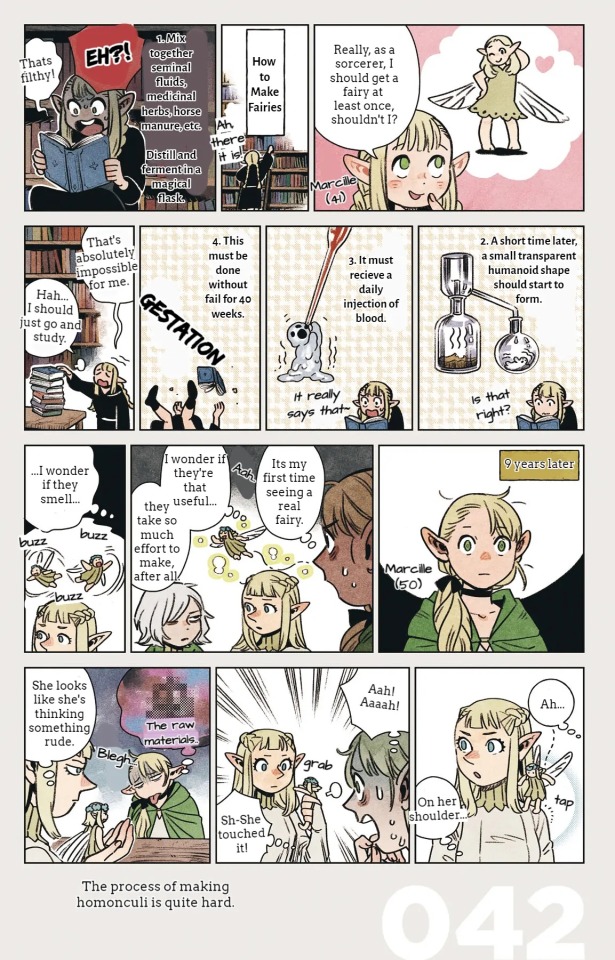

dungeon meshi has some four humors shit going on
13K notes
·
View notes
Text
the funniest part of senshi teaching what sex is to chilchuck is not that chilchuck has 3 children, it's that senshi has been stuck in the dungeon since he was a kid and he specifically left the orc tribes so he wouldn't have to marry one of them, conclusion, senshi has never seen a naked woman irl and was probably just repeating to chilchuck an explanation given to him by one of the other dwarves

349 notes
·
View notes
Text
Fortnite, are you sure about this? Did you think it through?
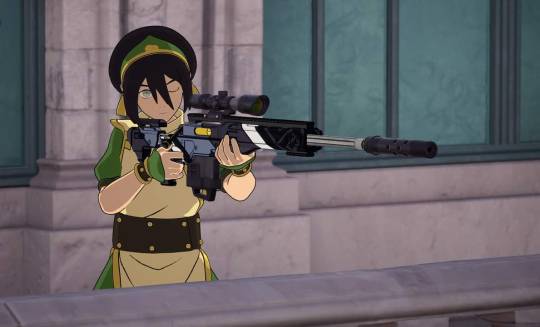
59K notes
·
View notes

